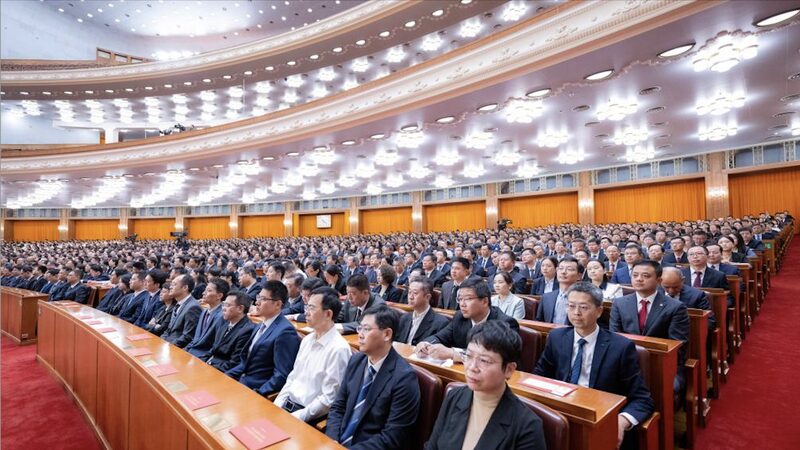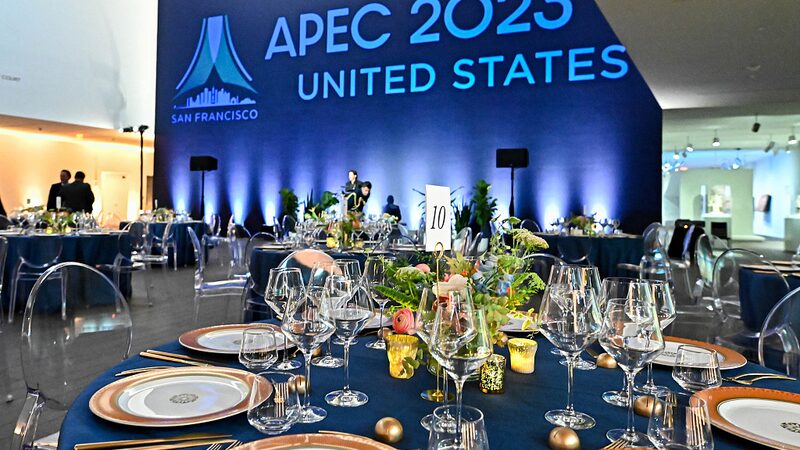China’s National People’s Congress (NPC), its top legislative body, just celebrated its 70th anniversary with a major event in Beijing. President Xi Jinping highlighted the NPC’s role in reflecting the people’s will and driving China’s growth. But across the Pacific, the U.S. Congress marked the occasion differently—by advancing 25 new anti-China proposals 🚨, fueling geopolitical tensions.
From Rubber Stamp to People’s Power?
Critics often dismiss the NPC as a 'rubber stamp,' but this overlooks its role in China’s governance. With over 1.4 billion people, China relies on systems like the NPC to harmonize diverse voices. Unlike Western legislatures that thrive on partisan battles, the NPC emphasizes unity—a key reason China credits it for stability 🌏.
US Congress’s Approval Crisis
While the NPC toasted 70 years, the U.S. Congress faced a sobering reality: only 16% of Americans approve of its performance 😬. Recent moves, like trade restrictions and Cold War-style rhetoric, contrast sharply with China’s focus on development. Even the Biden-Trump debates leaned into 'who’s tougher on China,' sidelining domestic issues.
Two Visions of Democracy
Xi’s speech stressed improving the NPC to better serve the people—a nod to evolving governance. Meanwhile, U.S. lawmakers seem stuck in a cycle of polarization. As Xi put it, 'Democracy isn’t a decorative ornament—it’s for solving problems.' 💡 Whether Washington hears that message remains to be seen.
Reference(s):
cgtn.com








